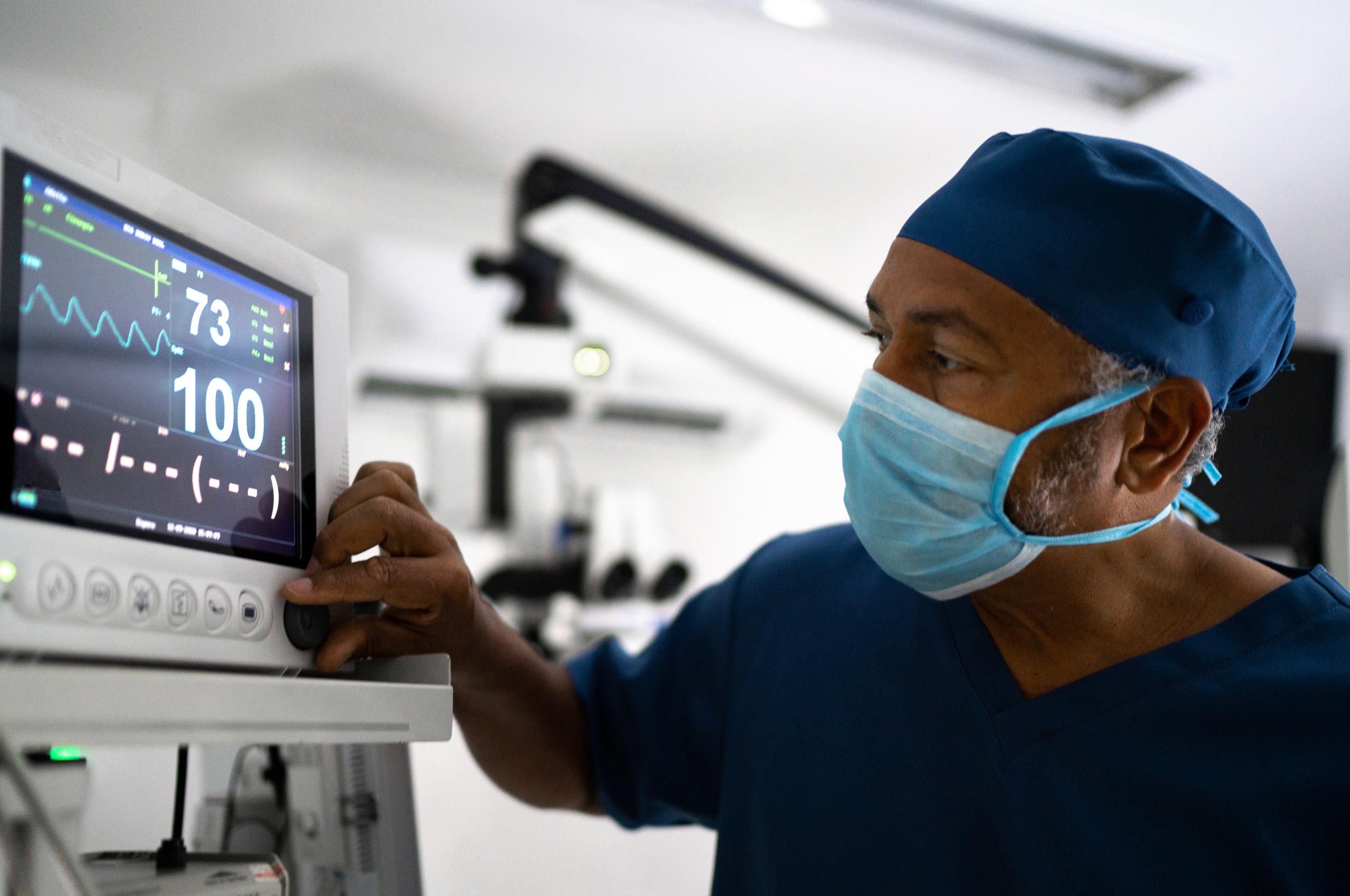Cardiovascular Physiology Research

This team conducts clinical research in coronary heart disease and heart failure.
This team conducts clinical research in coronary heart disease and heart failure. An integrated approach is used, monitoring cardiovascular variables such as blood pressure, heart rate and blood flow simultaneously for extended periods of time. Subjects either stay on site or are monitored using state-of the art wireless equipment.
Our human studies focus on the beneficial clinical outcomes of certain dietary interventions. The team is particularly interested in determining which functional components of these diets are responsible for preventing and/or reversing chronic disease. An example of this is our research on anti-inflammatory and antioxidant rich diets, and the importance of maintaining a healthy gut microbiota.
The team also conducts proof-of-concept studies in small animal models to screen and assess the potential of novel dietary interventions or drugs. They also use large animal models, which have similar anatomy and physiology to humans. This research is critical for determining the efficacy and safety of new therapies and provides a translational pathway from rodents to human patients.
Our research spans the fields of Cardiovascular Diseases, Medical Biotechnology, Nutrition, Clinical Sciences and Public Health.
Current Research Projects
Heart attack patient survival depends on the amount of heart muscle damaged. Re-establishing blood flow in the blocked artery is a double-edged sword. While it is critical for restoring oxygen and nutrient supply to the starved heart tissue, it also brings with it an influx of free radical molecules that may exert further damage. This is called ischemia-reperfusion (IR) injury and there are no drugs to prevent it.
We are investigating a non-invasive intervention to reduce cardiac IR injury called remote ischemic preconditioning (RIPC). This consists of subjecting a limb to brief periods of intermittent blood flow which protects the heart against prolonged ischemia. We have developed a large animal RIPC model to study the neural mechanisms in the protection of the heart. In separate pre-clinical studies, we are assessing the efficacy of zinc as a drug treatment for IR injury.
Our team is leading efforts to provide scientific evidence that a plant-rich Mediterranean diet has coronary disease-fighting properties. We are assessing the impact of a standard Australian diet on the body and considering how a more Mediterranean approach could reduce inflammation. This includes the introduction of increased quantities of olive oil to see if it reduces the risk of cardiovascular risk markers. A second approach is to observe the effect of the Mediterranean diet versus a low-fat diet intervention on the physical activity levels of patients with coronary heart disease. In a separate study of lifestyle (diet) and diabetes prevalence in Southern India, we have also been assessing risk for cognitive impairment in rural, urban and remote (tribal settings).
Disruptions in the balance of bacteria or the ‘microbiome’ in the gut, as well as changes in the gut lining itself can contribute to the development of cardiovascular diseases. In the setting of diabetes, levels of the endogenous anti-inflammatory protein Annexin-A1 (AnxA1) are reduced. We are striving to understand the impact of AnxA1 deficiency on the gut microbiome in non-diabetic and diabetic mice. With clinicians, we are also assessing changes in gut bacteria composition following gastric band surgery to manage obesity, with the aim of establishing potential links with reversal of obesity and related conditions such as diabetes.
Team members
- Associate Professor Colleen Thomas (Division Head)
- Ms Shan Huang (PhD Student)
- Mr Daniel Couch (Masters Student)
- Ms Urja Amin (Honours Student)
- Ms Denica Chahine (Honours Student)
